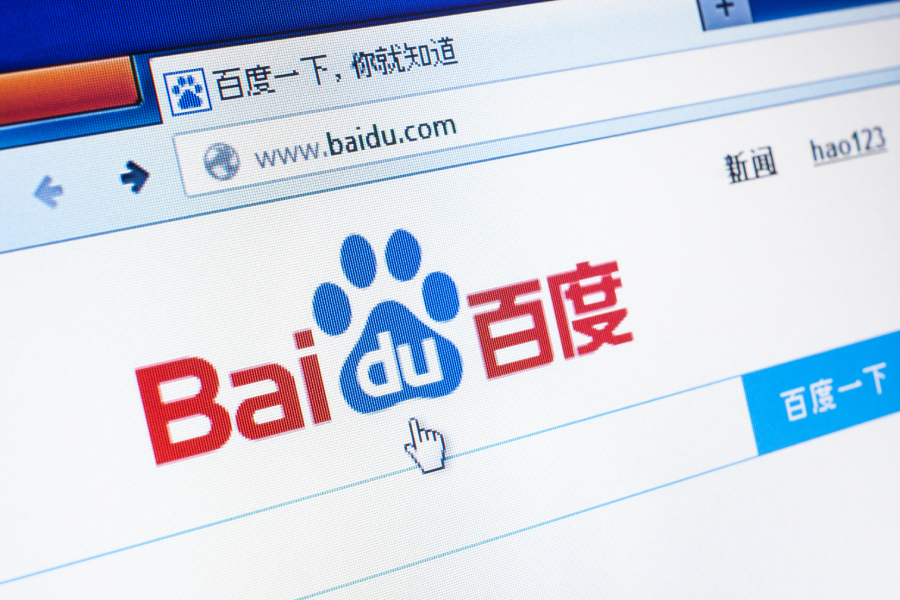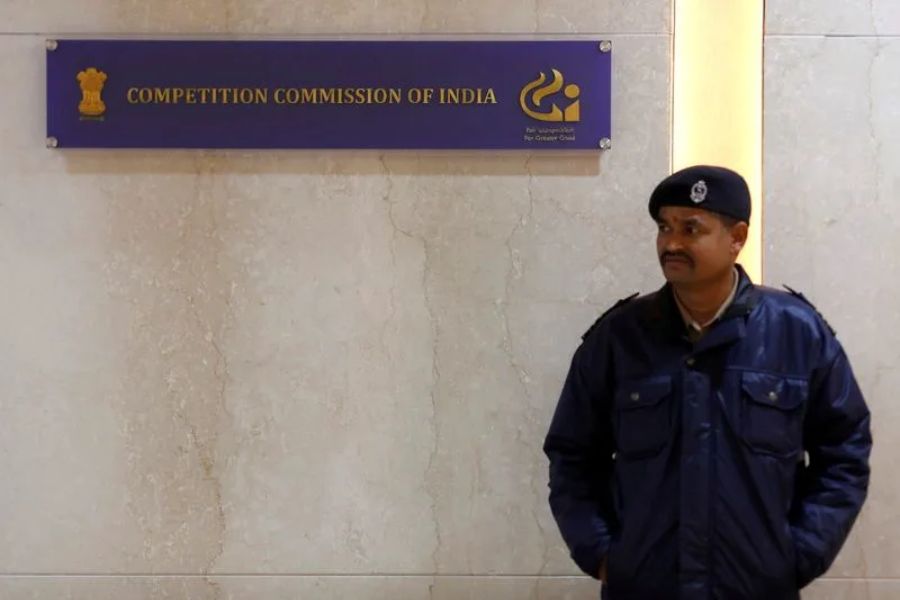Asia has long been an important region for Profero. What finally spurred you to move to the region?
A lot of people try to run Asia from their armchairs. We think that if you’re serious about a region, you should put your money where your mouth is—so I moved out in April. We’re seeing a lot of movement among clients across the region. People are looking for a corridor between China and the US. US-based clients are also seeking deeper insights [into Asia]. China is set to ‘urbanise’ 250 million citizens. Asia is symbolically our biggest region. One of our challenges is that that idea of an alternative [independent] network still doesn’t really exist here.
Do you agree that the term ‘digital agency’ has become outdated?
Clients don’t think that way. Calling yourself a digital specialist is seen as old-fashioned, but all we know is that the world is going more global, digital and mobile, driven by strong data. We believe that when it comes to execution, digital is still such a strong specialisation that you need it as your core DNA.
Is it better to be led by technology or by creativity?
We’re really led by two things: understanding the business problem that needs solving, and consumer insights. Consumers access your brand; we engineer that access. So you have to understand technology within the communications journey. Technology is an enabler, and we start any major engagement from the perspective of technological ambition, what the customer wants, and commercial ambition. The difficult part is that where clients should be less siloed, they’re actually often more siloed. The CIO, sales force and innovation force are not talking to each other as they should.
How do you overcome that problem?
Across Asia, marketing teams have been brought closer together. The new paradox is that the CMO and CTO are separated. Suddenly we are seeing a land grab—the IT department is grabbing hold of marketing. It’s a sort of turf war. Our job is to sit in the middle. We assess the business need and consumer need, then consider how to bring the idea to life. If you ground everything in that, you take the subjectivity out of the situation. Through that process, you can achieve alignment. Fundamentally, all sides want the same thing. In the past, this was the task of companies like Accenture and McKinsey. We’ve been brought in to take it from theory to reality. But you can only do that if you have technology, media and creative [capabilities] sitting together and working in a global way.
You are active in Japan and Korea, which are famously challenging for non-domestic companies. What opportunities do you see there?
In Korea, we’re seeing a lot of brands looking to expand to the West, to break out into the rest of the world. In Japan, we’ve seen more examples of domestic companies looking to expand outside in the last six months than we have in the last six years before that. Again, there’s corridor play at work. Japan and Brazil, for example, love each other, and we’ve been doing a lot of work with the Brazilian tourist board to get Japanese people to travel there. And there is the technology aspect: we think of Japan and Korea as an R&D lab for the rest of the world.
See all of our Cannes 2013 coverage >











